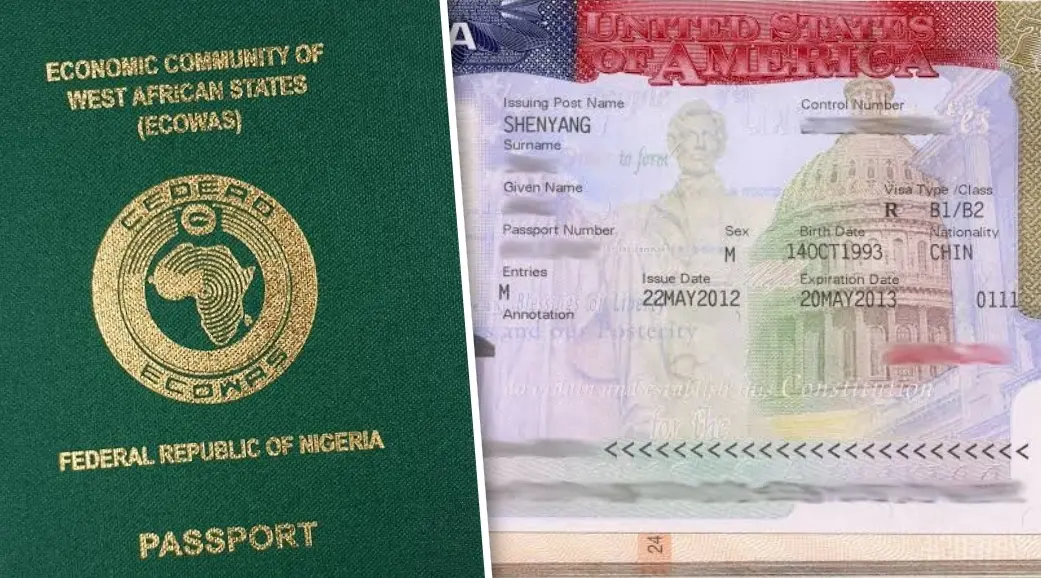By NewsBits
Receiving a visa rejection can be disheartening for any traveller, often disrupting travel plans and causing frustration. To help applicants navigate the visa application process more successfully, understanding the common reasons for visa rejection is crucial. Below are the top 10 reasons why visas commonly get rejected:
1. Incomplete or incorrect documentation: Failure to provide all required documents or providing incorrect information can lead to visa rejection.
2. Insufficient funds: Many countries require proof of adequate funds to cover expenses during the stay, and failure to provide this can result in visa denial.
3. Lack of travel history: Some countries require applicants to have a history of international travel, and a lack thereof may raise doubts about the applicant’s intentions.
4. Inconsistencies in information: Discrepancies between the information provided in the application and supporting documents can lead to visa rejection.
5. Failure to meet eligibility criteria: If applicants do not meet the specific eligibility criteria for their visa category, their application may be denied.
6. Criminal record: Applicants with a criminal record, especially for serious offenses, may face visa rejection due to security concerns.
7. Previous visa violations: Individuals with a history of visa violations, overstays, or deportations may find it challenging to obtain a visa in the future.
8. Travel ban or security concerns: Visa rejections can occur due to travel bans or security concerns in the applicant’s home country or region.
9. Lack of ties to home country: Visa officers assess whether applicants have strong ties to their home country to ensure they will return after their visit.
10. Incomplete or suspicious travel itinerary: A vague or incomplete travel itinerary may raise doubts about the applicant’s intentions or credibility, leading to visa rejection.
By understanding these common reasons for visa rejection and addressing any potential concerns in their application, applicants can increase their chances of visa approval and avoid unnecessary setbacks in their travel plans.





